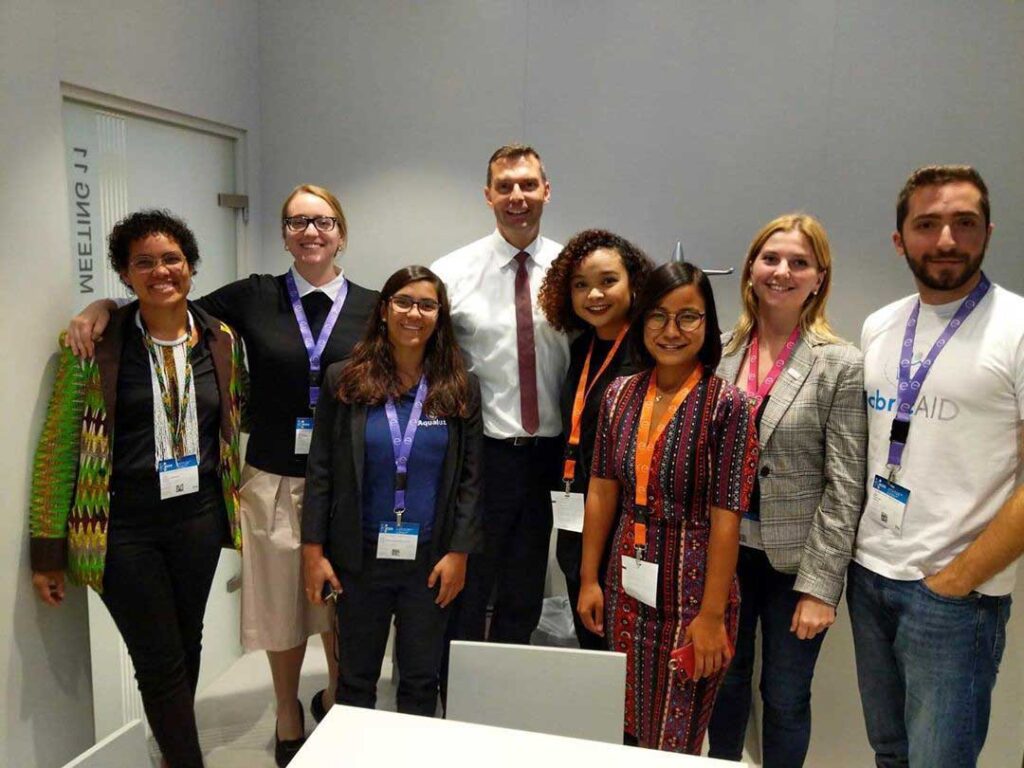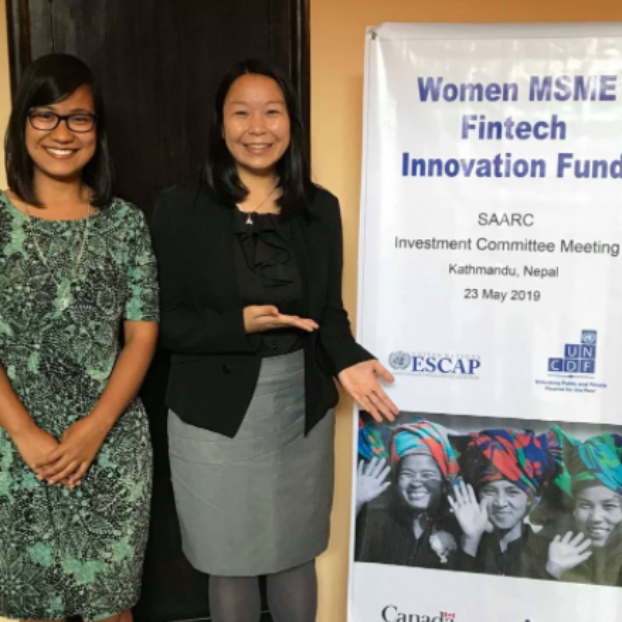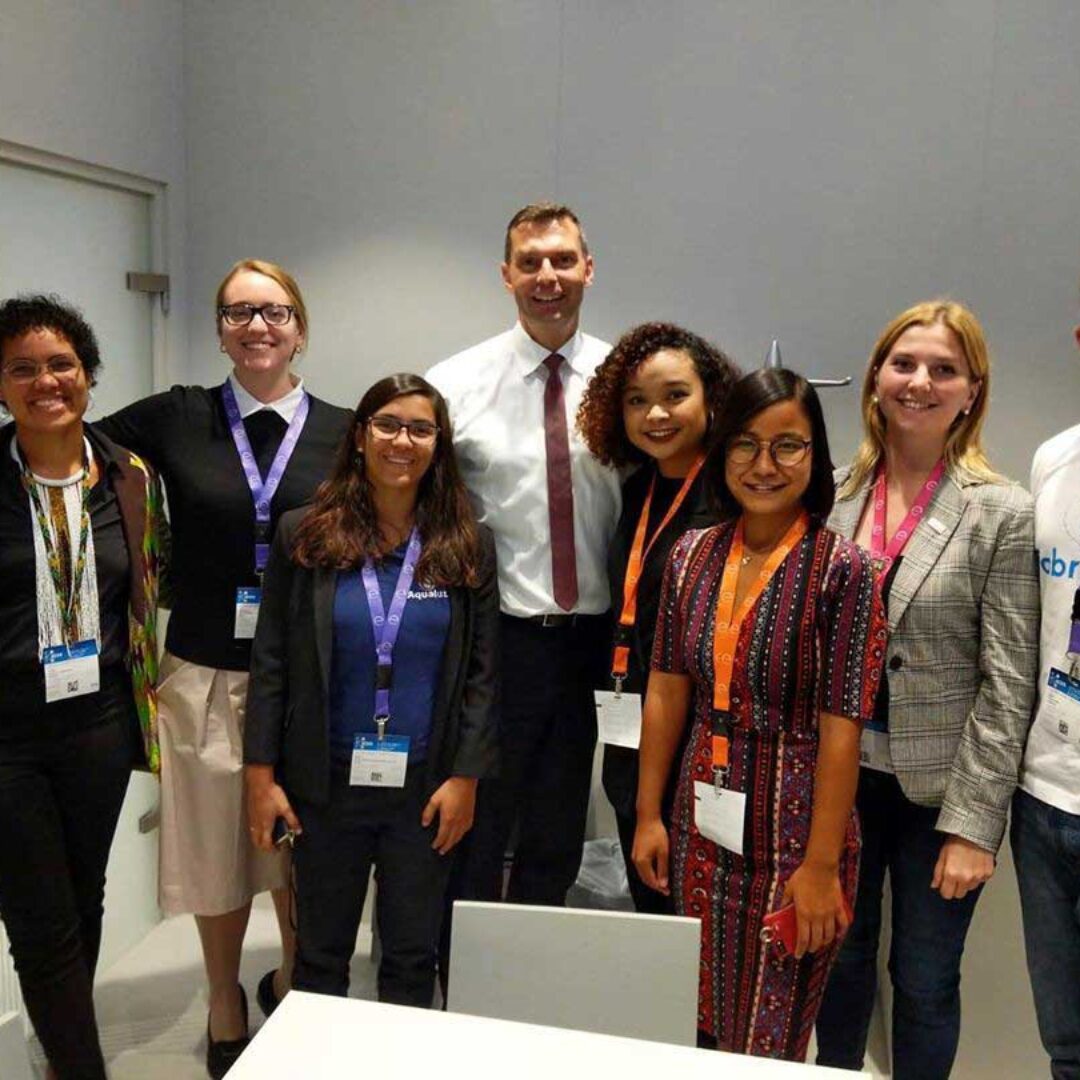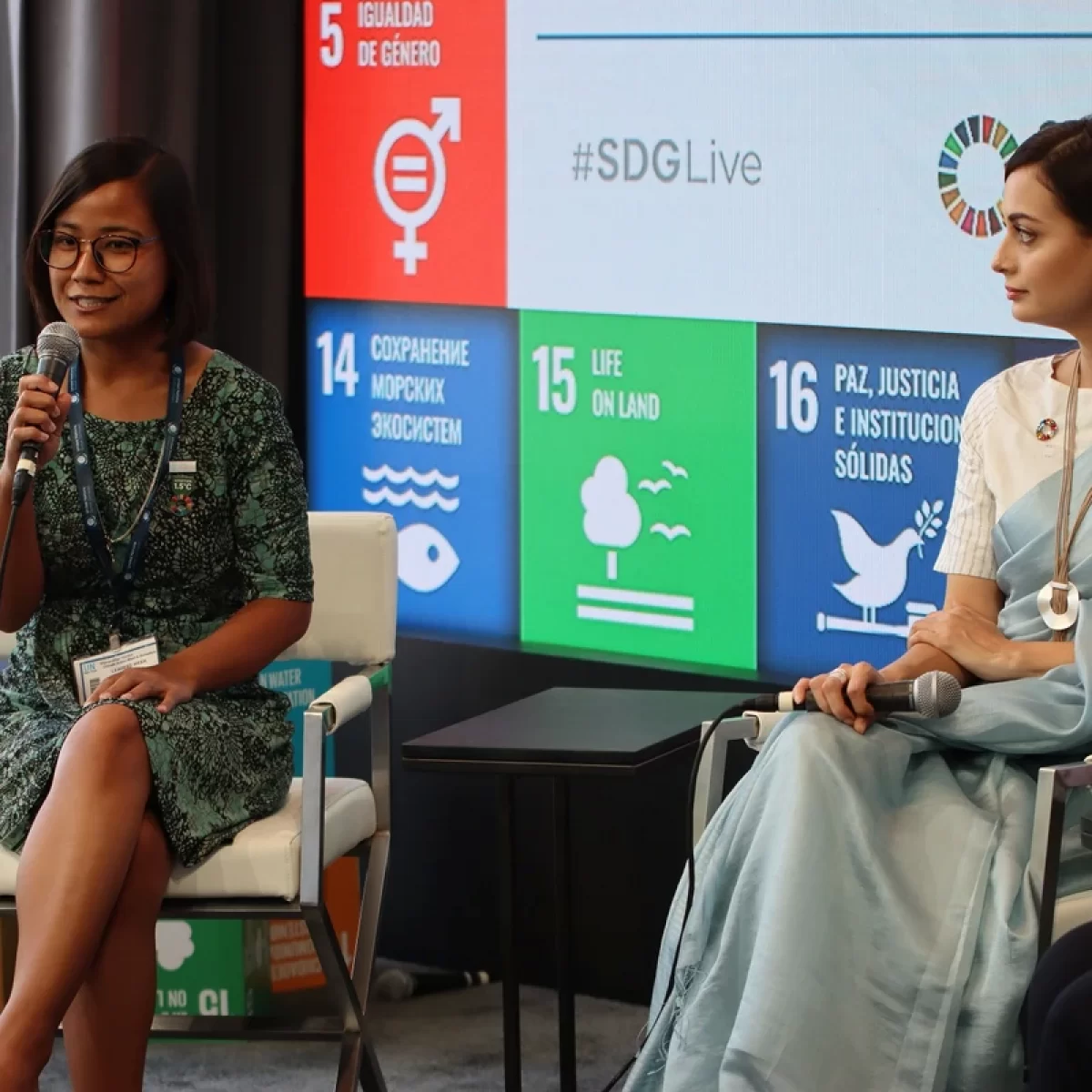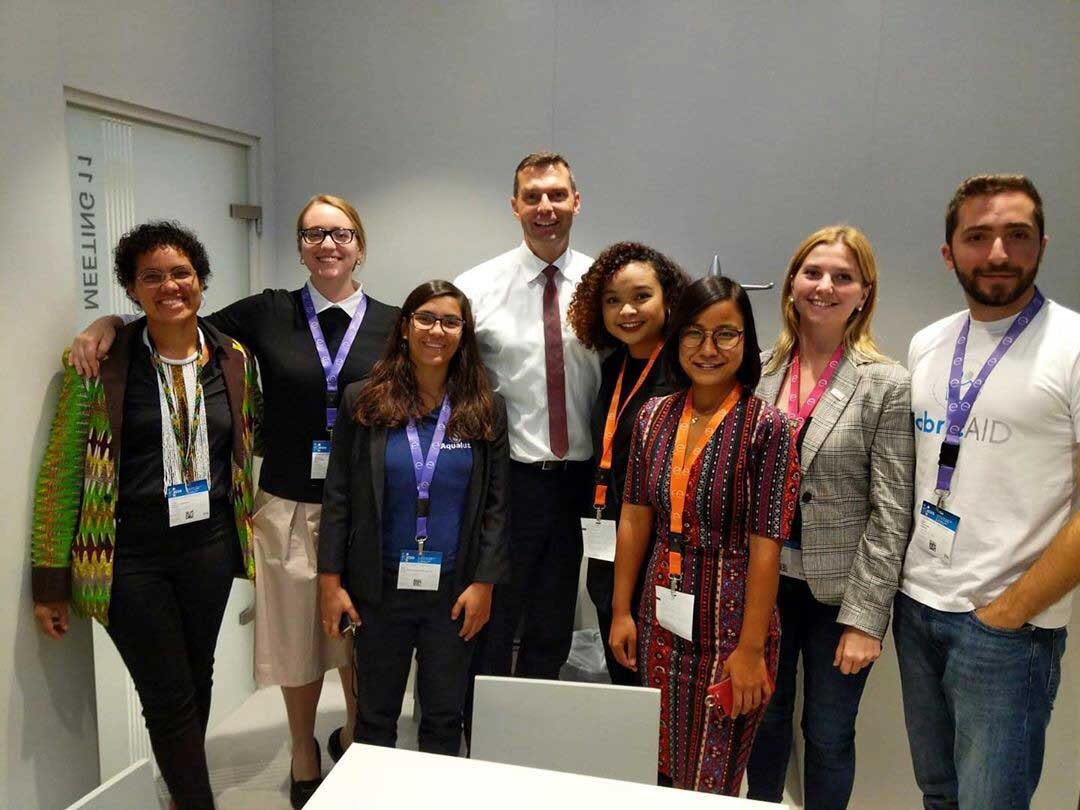Once upon a time, Nepal had the leading zero carbon emission public electric-vehicle industry. Yes, that’s a fairy tale now because the amount of carbon emissions by vehicles in Nepal doesn’t tell us we are even near contributing to the zero carbon emission. Safa-tempo started in the mid-1990s and was booming and blooming. It was locally manufactured but not anymore which shows how economical it would have been. At the time when safa-tempo was introduced, it required two sets of 12 acid- batteries which needed to be imported from California. This was one of the drawbacks along with harsh government policies in support of diesel micro-buses that were imported at that time. Once a world-leading commercial electric vehicle, safa-tempo was facing its downfall.
According to the safa-tempo association, there are a total of 714 safa-tempos in the valley right now. Some safa-tempos are still running and some are in the garage rusting. Due to government regulations, safa-tempo owners are currently facing an unanticipated crisis where they are required to pay eight years of income tax at once and if seen running without the proper renewed document then they are being fined for that too. The government denied providing any discounts on the taxes. In addition to that, custom duty was increased from 10 to 40 percent and the excise duty was fixed at the highest rate i.e. 80 percent during the budget for the Fiscal Year 2077/78. But recently, after a meeting of the Council of Ministers, the Cabinet decided to reduce the taxes by between 25% to 80% depending on the capacity of the vehicles, although the VAT and excise tax have been retained. Despite his own government’s commitment two years ago to make 20% of vehicles electric-powered by 2020, in his annual budget speech in May, Khatiwada increased the excise tax of only 10% on battery cars to 40%-60%, and another 60% customs duty. These fluctuations and lack of support from government policies have discouraged a lot of micro-entrepreneurs of the electric vehicle industry.
Present might seem difficult for safa-tempos but there is a possibility that it can turn around the current situation into a positive one in the near future. Aloi as a digital token loan service provider is trying to coordinate with the safa-tempo association helping safa tempo drivers have easy access to finance via digital token, build their capacity and help build multiple models of income. More companies like us and the government itself must invest in electric vehicles like safa-tempo. Electric vehicle industry like safa-tempo needs supports from the government more than ever now just to exist. Once we were able to manufacture safa-tempo so why not do it again! Why not manufacture the batteries locally which are required to run the safa-tempo? Why not make once a pioneering country in the commercial public electric vehicle industry, a pioneer again?
